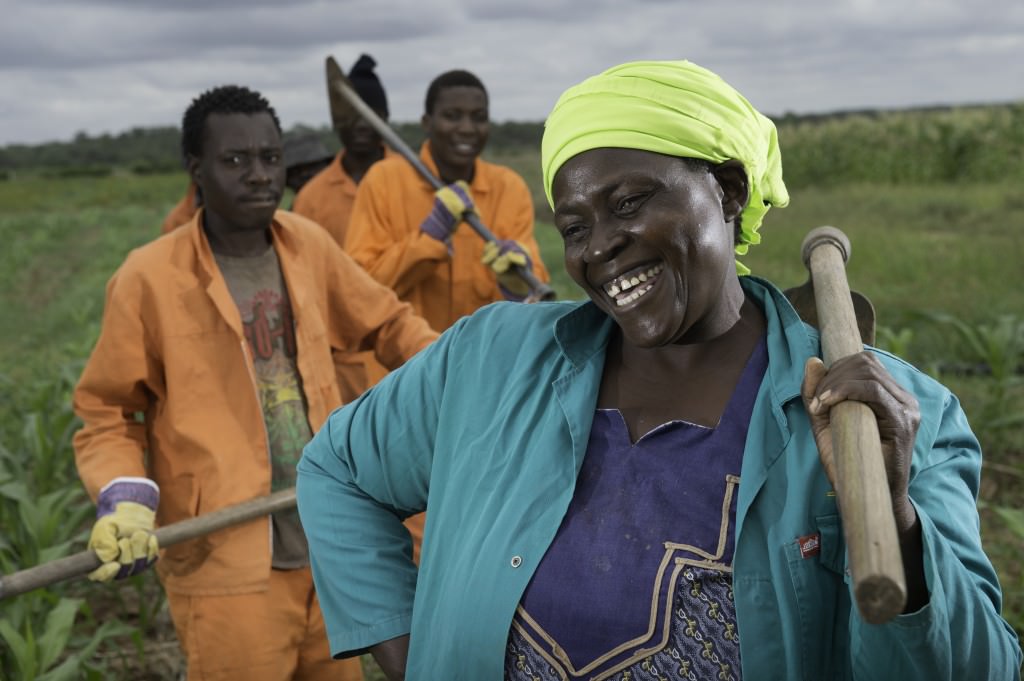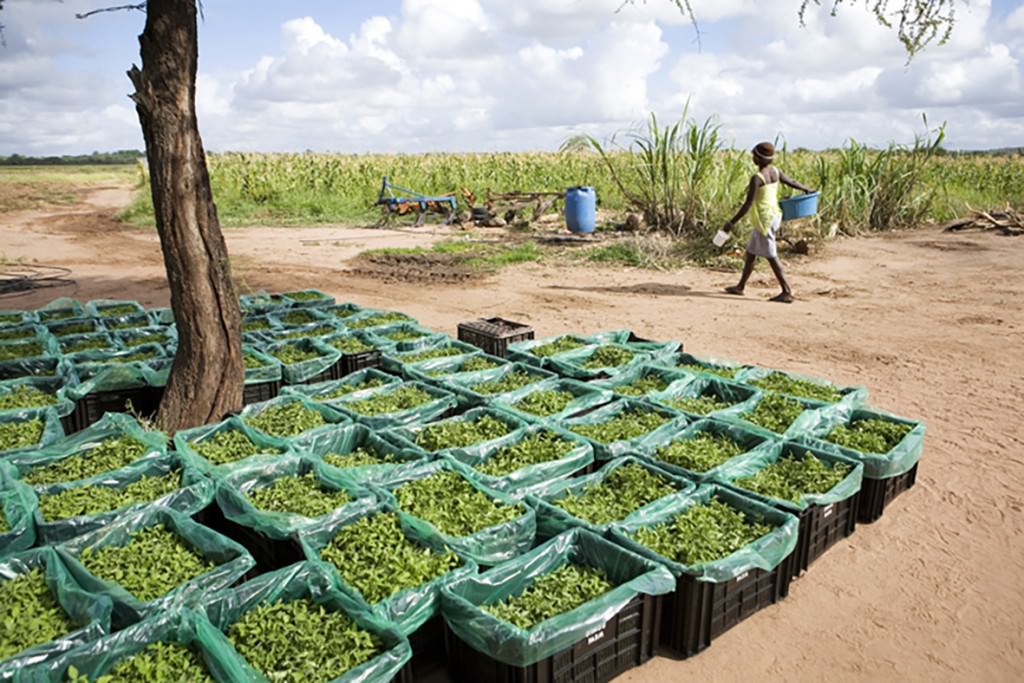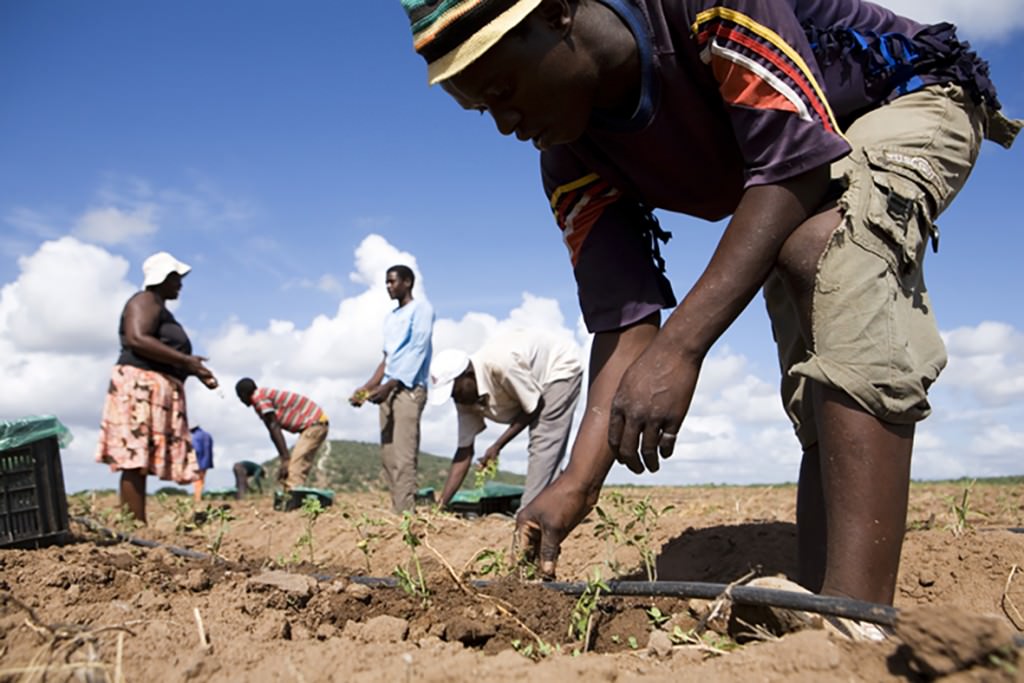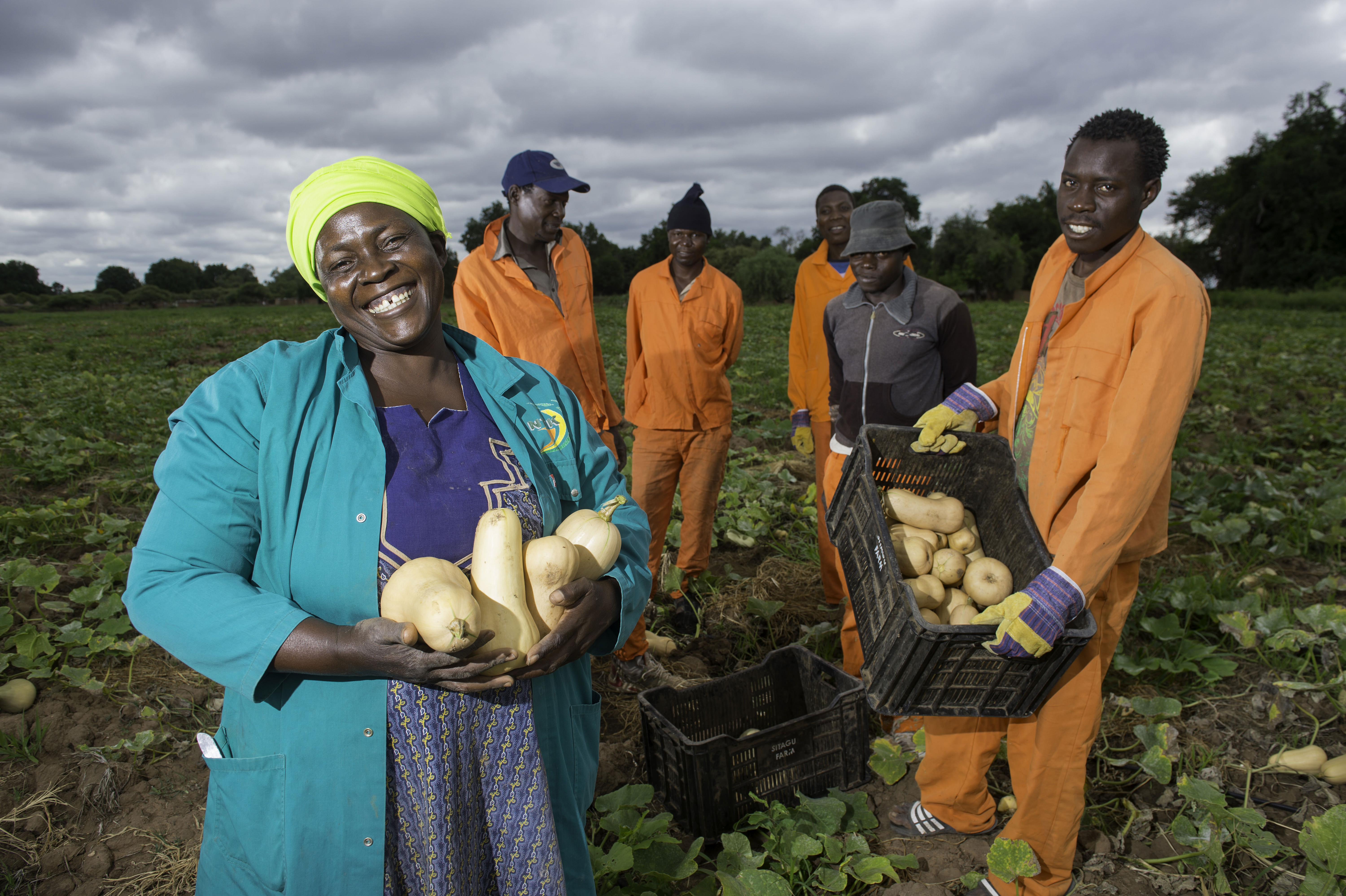In 2009, De Beers, the world’s leading diamond company, launched the De Beers Zimele enterprise development initiative to help people in the local diamond communities in South Africa start or grow their own businesses. It’s called “Zimele,” the Nguni word that means to “stand on your own feet” or “be independent.” The purpose of the initiative is to facilitate the creation, promotion, and expansion of sustainable businesses through funding and mentorship—turning those who dream of starting their own companies into true entrepreneurs. It’s part of De Beers’ commitment to building a prosperous South Africa by empowering local communities.
Since 2009, Zimele has distributed about $5,515,000 to businesses and created more than 2,300 jobs. By 2015, the initiative hopes to fund loans of up to $7,350,000 and create at least 3,000 new jobs.
From Illiterate To Empowered
When it comes to Zimele, there’s one particular success story that stands out from the rest. Mercy Sithagu is a 51-year-old woman who owns Sithagu Farm, a business that she founded with her sister in 2007, who has since passed away. She grows mostly tomatoes, along with some butternut squash, beans, and watermelon in the tiny village of Nwanedi in South Africa’s Limpopo Province.

In the early days Mercy struggled to sustain her business. All of the work on the farm was done manually, including digging holes and watering plants. People in the community would occasionally drive by to purchase a truckload of vegetables. She had just two employees, was farming on one hectare (about 2.5 acres) of land and was growing about 40 tons of tomatoes.
Even with these efforts keeping the business running profitably was a challenge, and she wasn’t sure how to expand the business. But she believed in her company. “Customers prefer my vegetables because they are bright, fresh, and shiny,” she says. Mercy doesn’t know how to read or write, and she doesn’t have access to the Internet, so she went to a Department of Agriculture community workshop that focused on entrepreneurism. That’s when she learned about the Zimele program, and realized that it was exactly what she needed to expand her company and employ more people in her community.
After taking out a loan of $12,000 in 2012 she was able to buy fertilizers and pesticides, along with seedlings—all of which saved her money in the long-term. That worked so well that she finished repaying the loan early 2013 and took out another.

It was this second loan of $14,000 that really helped her take her farm to the next level. The money paid for a tractor, as well as an irrigation system. And the tractor didn’t just help her farm larger amounts of land in less time; it helped other farmers in her community because they could borrow it to give their farms a boost, too.
“Zimele empowered me, as a woman, to feel that my farm wasn’t dying—it was actually growing,” says Mercy.
All the while, a mentor assigned to her through Zimele would come visit her every two weeks. “My mentor taught me how to work with people and manage my employees better,” says Mercy. He also taught her negotiation tactics, how to price vegetables, and how to do bookkeeping to keep track of cash flow, among other skills.
Today, Mercy grows about 200 tons of tomatoes on 18 hectares of land, employs 10 people year-round (20 total, during farming season) and instead of serving only individuals in her community, she also sells to large contractors such as Tiger Brands and Technoserve. “My employees inspire me to run a very productive business,” says Mercy. “If I fail myself, I know I fail them. I want the business to keep flourishing so they can put bread on their tables.”

In fact, Mercy’s farm grew to be so successful that she was named “Female Farmer of the Year” in 2012 by Musina, her municipality, the Vhembe District’s department of agriculture and Limpopo’s provincial department of agriculture for growing high-quality foods. “I was very excited,” says Mercy. “Since I never went to school, it felt like it was my graduation day.”
That prize came with a free trip to Washington, D.C. and Chicago, Illinois in the United States. On the trip, she was able to meet farmers from other countries to discuss agricultural methods. She learned about new ideas that she has now taken home with her. “It has improved my farming in the greatest way,” says Mercy.
Mercy is currently focused on further expansion with help from De Beers and the Zimele program. She’s looking into how she can peel her vegetables and start packaging and marketing them directly to supermarkets. Many women in her community now ask her how they can become more like her. “I like to teach them my farming skills,” says Mercy. She enjoys paying it forward so others in her village can learn new talents, gain extra confidence, earn more money, and feed their families. “I am living proof that being illiterate does not have to stop you from achieving your goals” says Mercy.
To learn more about this and other diamond industry initiatives helping communities around the world, visit the Diamond Empowerment Fund.

